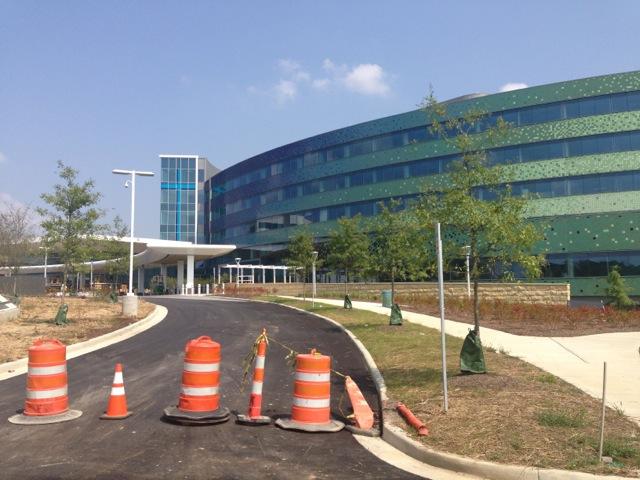

John’s River District in East China held about 6 percent, according to Trinity’s report to Schuette. It’s main competitor, McLaren Port Huron, held 39 percent, and St. Joseph Mercy Port Huron held just 13 percent of the market share in the area. The hospital had a $1 million operating loss in fiscal year 2013 and predicted a $4 million to $5 million operating loss in fiscal year 2014. Joseph Mercy Port Huron “operated at a significant loss.” The report also cited local competition as one of the reasons St. Trinity said geographical challenges, namely the distance between the Port Huron site and its other hospitals throughout the state, were a large reason for the sale. If anything, officials say, care could improve with a promised $20 million investment and immediate plans for an expansion of the hospital’s cancer treatment facilities.Īccording to documents submitted to Attorney General Bill Schuette, Trinity Health began exploring the possibility of selling the Port Huron hospital about 20 years ago. With the sale, the nonprofit hospital becomes for-profit and it sheds its Catholic identity.īut, aside from new signage, patients shouldn’t notice too many changes to the care they receive at the Electric Avenue hospital. The hospital, formerly a part of Trinity Health, was the second to change hands in the city in a little more than a year. Joseph Mercy Port Huron hospital became the Lake Huron Medical Center Tuesday, the newest of the 35 hospitals owned by Ontario, California-based Prime Healthcare Services, the fifth largest for-profit hospital system in the nation. A Port Huron hospital that has been in the community since the 1950s has a new name, a new owner and a new faith identity.


 0 kommentar(er)
0 kommentar(er)
